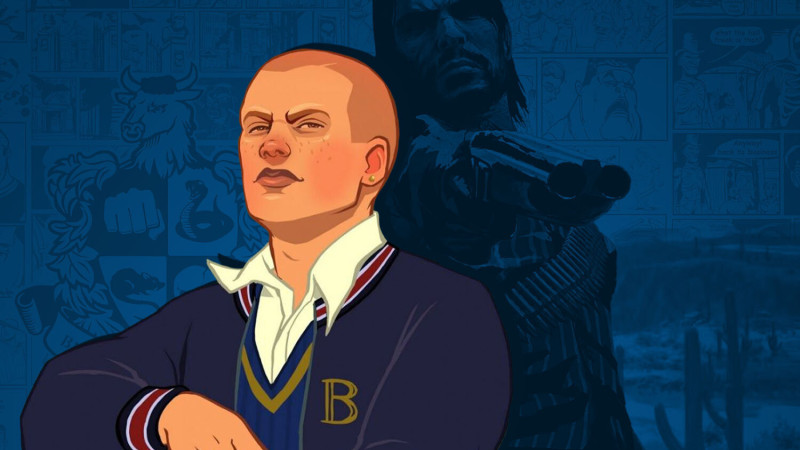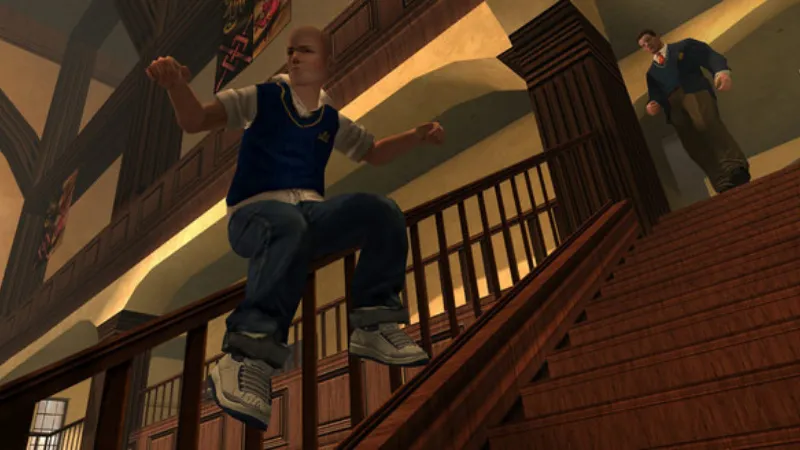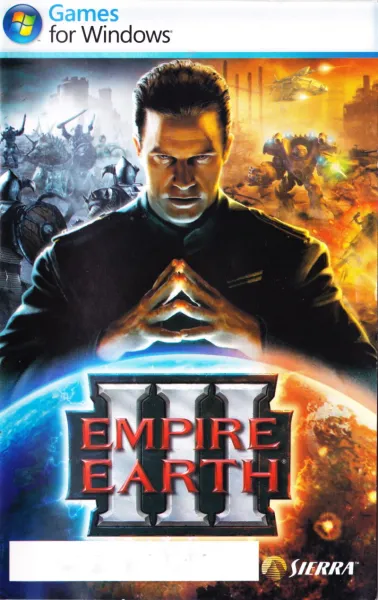
For a while in the late 2000s, developers at Rockstar New England thought they were working on the next big Rockstar game.
They were excited to push the company’s tech and to bring a cult hit into Rockstar’s vision for the future. They were excited for the chance to prove themselves as a Rockstar studio, having recently been purchased by the company. They were excited to lead development on Bully 2, the sequel to Rockstar’s critically acclaimed open-world adventure about life in a private school.
But things don’t always go as planned, and other obligations on a release schedule get in the way of passion projects. Rockstar New England’s Bully 2 was shelved in favor of other, more troubled projects in development, like Max Payne 3 and Red Dead Redemption.
“[Rockstar New England] wanted to be sort of the golden child in the Rockstar thing, but it’s really hard when Rockstar North was the one that was producing all the golden eggs at that time,” one developer says. “Living in the shadows of someone who casts a big shadow like Rockstar North, and trying to usurp that role, it’s really difficult and nearly impossible. But man, did they try. Oh, did they try.”
To find out what exactly the studio was planning with Bully 2 and why it was ultimately let go in favor of other projects, we recently spoke to five former employees from Rockstar’s New England studio and one from its New York City headquarters, most of whom requested anonymity out of fear of repercussions from Rockstar. Their story is one of shifting company cultures, tech that would finally find its way into Rockstar games as late as 2018's Red Dead Redemption II, and disappointment over the way things went.
The Name Rockstar
In the late ’90s to mid-2000s, Rockstar Games was on a spending spree. After the initial success of its massive series Grand Theft Auto, Rockstar bought a lot of its third-party partner studios. One of those studios was DMA Design, renamed Rockstar North, developer of the first Grand Theft Auto. Another was Angel Studios, the developer of Red Dead Revolver, Red Dead Redemption, and the Smuggler's Run and Midnight Club series, which the publisher acquired and renamed Rockstar San Diego.
Mad Doc Software, founded in Andover, Massachusetts, in 1999 by former Activision technical director Ian Lane Davis, was another Rockstar acquisition. Davis holds a doctorate in artificial intelligence and robotics from Carnegie Mellon University. According to former developers Game Informer spoke to, as well as an archived version of Mad Doc’s website, A.I. was a core pillar of the studio’s pedigree. The website claimed that the studio’s team, composed of developers who previously worked on franchises like Civilization, System Shock, and Thief, had an “unmatched expertise” in the field.
For its first decade, Mad Doc operated on a work-for-hire basis, taking projects for publishers such as Activision, Sierra Entertainment, Disney Interactive, and Vivendi Games. Prior to its purchase by Rockstar, Mad Doc mostly developed PC strategy games, such as the Star Trek: Armada and Empire Earth series.
Empire Earth became Mad Doc’s bread and butter once the studio took over development on the first game’s expansion pack, The Art of Conquest. Though that initial release was met with middling reviews, Mad Doc’s next two Empire Earth games, Empire Earth 2 and its expansion The Art of Supremacy, were successful enough to lead to deals with publishers like Bethesda Softworks and Rockstar.
 Bully
Bully
In October 2006, Rockstar released Bully as a PlayStation 2 exclusive. The game, developed by Rockstar’s Vancouver studio in Canada, was a subversion of the formula that had made the publisher’s games famous. Where in other Rockstar titles, like the Grand Theft Auto series, players controlled a criminal free to cause mayhem around an open-world city or state, Bully put players in control of Jimmy Hopkins, a high school student at the Bullworth Academy boarding school. Rather than kill people, Jimmy got in fistfights. Instead of guns, he had stink bombs and slingshots. Rather than pull off robberies or heists, Jimmy pulled pranks and went to class. Coincidentally, the game was set in New England, Mad Doc’s backyard.
Bully was critically and commercially successful, receiving the highest possible review scores from outlets like X-Play and 1UP, and a game of the year nomination from GameSpot. In March 2008, Take-Two Interactive, Rockstar’s parent company, announced that the game had sold more than 1.5 million copies. For comparison, Grand Theft Auto IV, released in April 2008, sold more than 8.5 million copies within its first month.
Back over at Mad Doc, Empire Earth 3, released in November 2007, was critically panned. The company was in a tough spot, a former Mad Doc employee says. “Mad Doc, up until being acquired by Rockstar, was pretty typical of most independent game studios in that it mostly survived by working on IP from publishers, while trying to develop and pitch its own games,” he says.

Those tough times would be alleviated by a new partner: Rockstar. After the success of Bully on PlayStation 2, Rockstar approached Mad Doc about developing Bully: Scholarship Edition, a remaster with new missions, characters, and items. Mad Doc led the development of Scholarship Edition’s Xbox 360 and Windows PC versions, released in March and October 2008, respectively, while Rockstar Toronto developed the Wii port.
In April 2008, Rockstar announced it had acquired Mad Doc Software for an undisclosed amount and renamed the studio Rockstar New England. Speaking in a news release announcing the acquisition, Rockstar co-founder and president Sam Houser said that making Mad Doc a Rockstar studio would “enhance our core technology and further support our commitment to creating progressive and innovative gaming experiences.”
“We’re eager to bring our expertise to bear in the character-driven, open-world stories that make Rockstar Games titles so uniquely compelling,” Davis, who became studio head of Rockstar New England after the purchase, said in the release.
